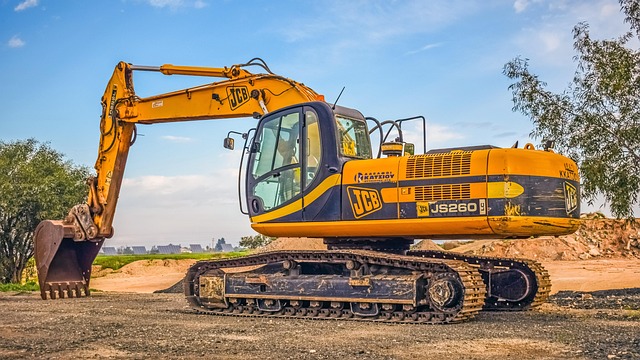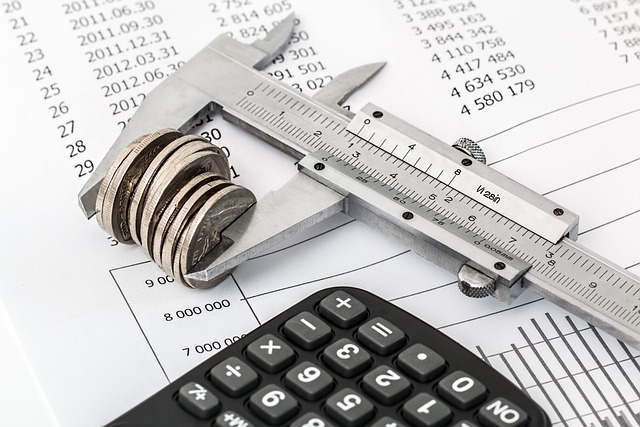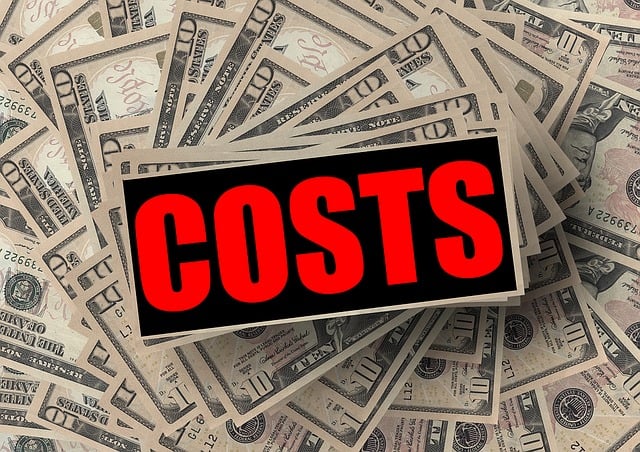Owning equipment is financially advantageous over leasing, offering long-term cost savings, stability, and predictability. By spreading initial investments through depreciation, businesses save on escalating lease payments year over year, freeing up capital for growth areas. Ownership provides tax advantages, flexibility for modifications, and control over usage, surpassing the constraints of leasing. Investing in equipment also enhances business credit and financial health through consistent utilization and natural depreciation.
Buying equipment offers significant advantages over leasing, providing businesses with long-term control, financial flexibility, and opportunities for growth. In this article, we explore the ownership benefits that go beyond cost savings. Discover how owning equipment can enhance your business’s creditworthiness, accelerate asset building, and offer tax advantages. By understanding these benefits, you’ll make informed decisions about capital investments and unlock the full potential of your assets.
- Financial Advantages of Equipment Ownership
- Long-Term Control and Flexibility
- Building Business Credit and Assets
Financial Advantages of Equipment Ownership
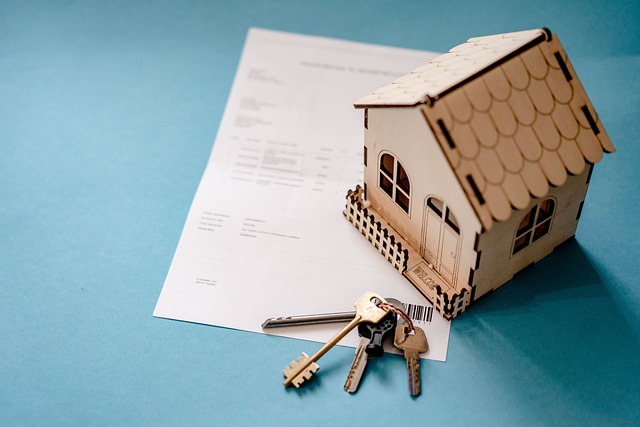
Owning equipment comes with a range of financial advantages over leasing, offering businesses long-term cost savings and stability. When you own your machinery or tools, you’re no longer subject to rising lease payments year after year. Instead, the initial investment is spread out over time through depreciation, making it a more budget-friendly option in many cases. This predictability in expenses allows for better financial planning and can even free up capital that would otherwise be tied up in lease payments, enabling businesses to invest in other areas of growth.
Another key benefit is the potential for tax advantages. Depreciation deductions can lower your taxable income, providing a significant financial boost. Additionally, owning equipment often comes with more flexibility in terms of modifications and upgrades. You have the freedom to adapt your assets to meet evolving business needs without restrictive lease agreements or approval processes. This adaptability can be crucial for staying competitive in dynamic markets.
Long-Term Control and Flexibility
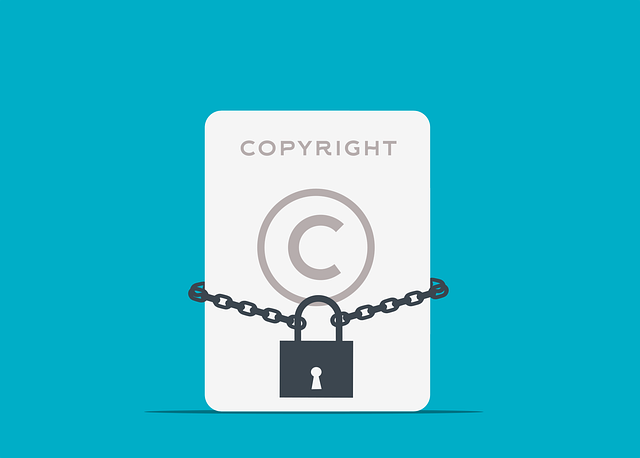
When you own equipment, you gain long-term control over its usage and fate. This is a significant advantage compared to leasing, as it offers more flexibility in terms of customization and modifications. With ownership, you can tailor the equipment to your specific needs, making it an ideal choice for businesses with unique requirements or those planning for future growth.
Compared to leasing, buying allows for greater stability and predictability in your operations. You’re not bound by lease terms that may restrict your usage or require upgrades at specific intervals. Owning also removes the financial burden of recurring lease payments, freeing up cash flow for other strategic investments within your business.
Building Business Credit and Assets
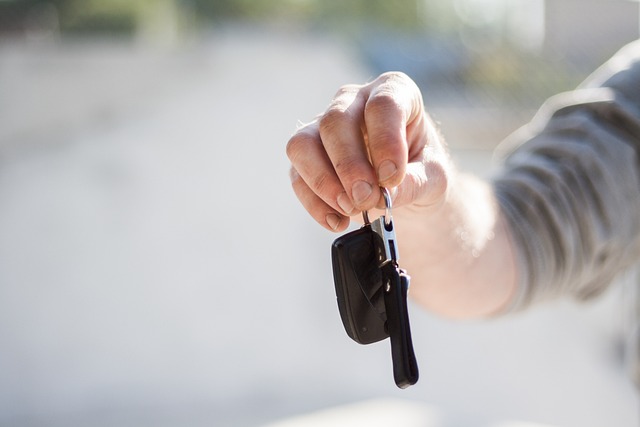
When you invest in equipment through purchasing rather than leasing, it’s a significant step towards building business credit and assets. Having assets on record demonstrates financial stability to lenders, vendors, and potential investors. This can make it easier to secure loans, lines of credit, or favorable terms when acquiring future resources.
Additionally, ownership provides long-term benefits by allowing for more flexibility in managing your equipment. You have the option to modify, upgrade, or sell the assets according to your business needs. Unlike leasing, which often comes with restrictions and end-of-term considerations, owning equipment can contribute to the growth of your business’s creditworthiness and overall financial health through consistent utilization and eventual depreciation.
